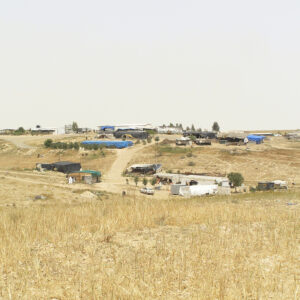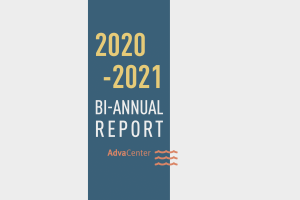Should Israel institute a two-year national budget, in accordance with the present wishes of its prime minister and minister of finance? Certainly not. Not in the present circumstances. The first reason why not : no country in the world approves a complete national budget, with all the budget lines, for more than one year at … Continue reading Op-ed: A Two-Year Budget is not for Israel
| Should Israel institute a two-year national budget, in accordance with the present wishes of its prime minister and minister of finance?
Certainly not. Not in the present circumstances. The first reason why not : no country in the world approves a complete national budget, with all the budget lines, for more than one year at a time. In some countries where the practice is to approve two-year budgets, like Holland and Finland, those budgets include approval of an amount that constitutes up to 80 percent of the expenditures of the central government; however, the budgets approved in advance do not include how that amount is to be divided among the various government ministries. The latter is determined at annual parliamentary budget deliberations. There are other countries, like England, which set ceilings for 50 to 60 percent of government expenditure for three years in advance, followed by bi-annual reviews. The second reason: Israel lacks the pre-requisites for a multi-year budget, as these were listed by Israeli economists Avi Ben-Bassat and Momi Dahan in their book, Balance of Power in the Budget-Making Process. 1. High government credibility and economic models with good forecasting capabilities; 2. Long-term national security; 3. Long-term political stability. To these prescriptions it could be added: a multi-year budget requires a high degree of political consensus among the various political parties. And that’s not all: There is no country that does what is implied in the declarations of Israel’s prime minister and finance minister: to utilize the annual budget deliberations, structured as they are today, to approve a two-year budget – without making any other changes. In every country that adopted multi-year budgeting, it was done after lengthening the period of budget deliberations and improving the collection of statistics that make it possible to do multi-year forecasts. The demand for a two-year budget is based on the precedent of the so-called two-year budget for fiscal 2009/2010. However, this was not a true two-year budget, as 2009 was an elections year in which there was a change in administration, and the budget was not approved until July 16, 2009, after half of 2009 had already passed. The demand is also anti-democratic. It was 795 years ago, in 1215, that the King of England was forced to agree to the demand of the lords: next time he wanted to wage war involving a large expenditure, he would first need the approval of the House of Lords – which in time became Parliament. The agreement signed that year, the Magna Charta, is considered by many to constitute the foundation of the parliamentary system. The present demand is to turn back the clock: the Parliament is being asked to give its consent in advance, while the government is not asked to change any of its procedures. The idea of a two-year budget should be seen as a transparent ploy to exclude the Knesset and the general public from the budget-making process and to enhance the power of the office of the prime minister and the ministry of finance.
|





